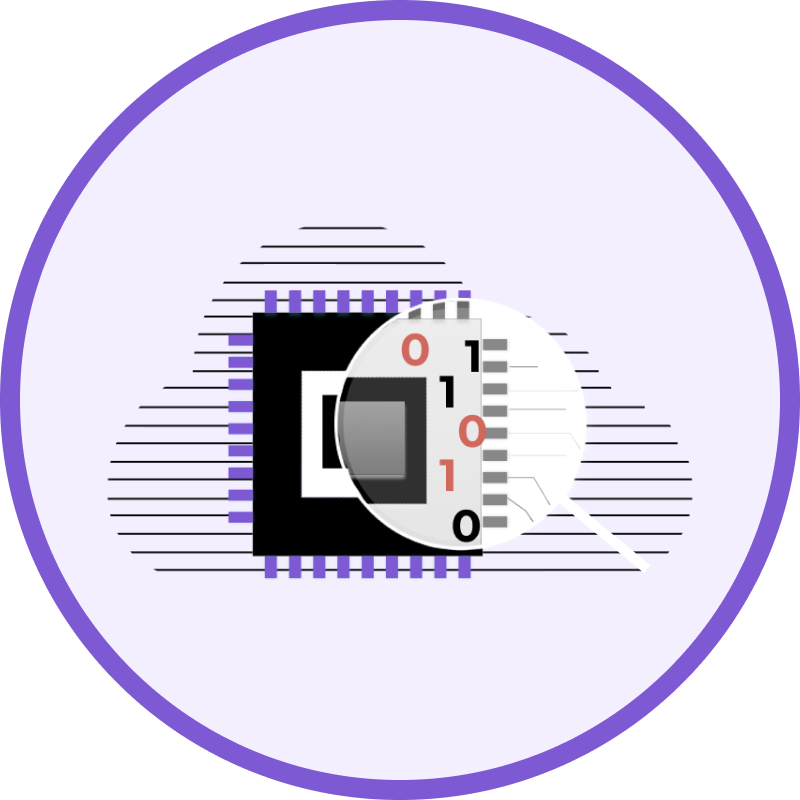https://github.com/binarly-io/fwhunt-scan
Tools for analyzing UEFI firmware and checking UEFI modules with FwHunt rules
https://github.com/binarly-io/fwhunt-scan
efi-guid efi-protocols radare2 reverse-engineering uefi uefi-firmware uefi-firmware-analysis
Last synced: 5 months ago
JSON representation
Tools for analyzing UEFI firmware and checking UEFI modules with FwHunt rules
- Host: GitHub
- URL: https://github.com/binarly-io/fwhunt-scan
- Owner: binarly-io
- License: gpl-3.0
- Created: 2020-05-31T15:50:20.000Z (almost 5 years ago)
- Default Branch: master
- Last Pushed: 2024-08-27T17:51:42.000Z (8 months ago)
- Last Synced: 2024-11-08T12:51:03.552Z (5 months ago)
- Topics: efi-guid, efi-protocols, radare2, reverse-engineering, uefi, uefi-firmware, uefi-firmware-analysis
- Language: Python
- Homepage:
- Size: 749 KB
- Stars: 213
- Watchers: 22
- Forks: 30
- Open Issues: 0
-
Metadata Files:
- Readme: README.md
- License: LICENSE
Awesome Lists containing this project
- awesome-uefi-security - fwhunt-scan
- awesome-rainmana - binarly-io/fwhunt-scan - Tools for analyzing UEFI firmware and checking UEFI modules with FwHunt rules (Python)
README
[](http://www.gnu.org/licenses/gpl-3.0)
[](https://github.com/binarly-io/fwhunt-scan/actions)
[](https://pypi.org/project/fwhunt-scan)

# FwHunt Community Scanner
Tools for analyzing UEFI firmware and checking UEFI modules with [FwHunt rules](https://github.com/binarly-io/fwhunt).
# Dependencies
rizin (v0.6.2)
# Installation
Install with `pip` (tested on `python3.6` and above):
```
$ python -m pip install fwhunt-scan
```
Install manually:
```
$ git clone https://github.com/binarly-io/fwhunt-scan.git && cd fwhunt-scan
$ python setup.py install
```
# Example
### With script
Analyze/scan separate module:
```
$ python3 fwhunt_scan_analyzer.py analyze-module {image_path} -o out.json
$ python3 fwhunt_scan_analyzer.py scan-module --rule {rule_path} {image_path}
```
Scan the entire firmware image:
```
$ python3 fwhunt_scan_analyzer.py scan-firmware -r rules/BRLY-2021-001.yml -r rules/BRLY-2021-004.yml -r rules/RsbStuffingCheck.yml test/fw.bin
```
### With docker
To avoid installing dependencies, you can use the docker image.
You can build a docker image locally as follows:
```
docker build -t fwhunt_scan .
```
Or pull the latest image from [ghcr](https://github.com/binarly-io/fwhunt-scan/pkgs/container/fwhunt-scan).
Example of use:
```
docker run --rm -it -v {module_path}:/tmp/image:ro \
fwhunt_scan analyze-module /tmp/image # to analyze EFI module
docker run --rm -it -v {module_path}:/tmp/image:ro -v {rule_path}:/tmp/rule.yml:ro \
fwhunt_scan scan-module /tmp/image -r /tmp/rule.yml # to scan EFI module with specified FwHunt rule
docker run --rm -it -v {module_path}:/tmp/image:ro -v {rule_path}:/tmp/rule.yml:ro \
fwhunt_scan scan-firmware /tmp/image -r /tmp/rule.yml # to scan firmware image with specified FwHunt rule
docker run --rm -it -v {module_path}:/tmp/image:ro -v {rules_directory}:/tmp/rules:ro \
fwhunt_scan scan-firmware /tmp/image --rules_dir /tmp/rules # to scan firmware image with specified rules directory
```
All these steps are automated in the `fwhunt_scan_docker.py` script:
```
python3 fwhunt_scan_docker.py analyze-module {module_path} # to analyze EFI module
python3 fwhunt_scan_docker.py scan-module -r {rule_path} {module_path} # to scan EFI module with specified FwHunt rule
python3 fwhunt_scan_docker.py scan-firmware -r {rule_path} {firmware_path} # to scan firmware image with specified FwHunt rule
python3 fwhunt_scan_docker.py scan-firmware --rules_dir {rules_directory} {firmware_path} # to scan firmware image with specified rules directory
```
### From code
#### UefiAnalyzer
Basic usage examples:
```python
from fwhunt_scan import UefiAnalyzer
...
uefi_analyzer = UefiAnalyzer(image_path=module_path)
print(uefi_analyzer.get_summary())
uefi_analyzer.close()
```
```python
from fwhunt_scan import UefiAnalyzer
...
with UefiAnalyzer(image_path=module_path) as uefi_analyzer:
print(uefi_analyzer.get_summary())
```
On Linux platforms, you can pass blob for analysis instead of file:
```python
from fwhunt_scan import UefiAnalyzer
...
with UefiAnalyzer(blob=data) as uefi_analyzer:
print(uefi_analyzer.get_summary())
```
#### UefiScanner
```python
from fwhunt_scan import UefiAnalyzer, UefiRule, UefiScanner
...
uefi_analyzer = UefiAnalyzer(module_path)
# rule1 and rule2 - contents of the rules on YAML format
uefi_rules = [UefiRule(rule1), UefiRule(rule2)]
scanner = UefiScanner(uefi_analyzer, uefi_rules)
result = scanner.result
```